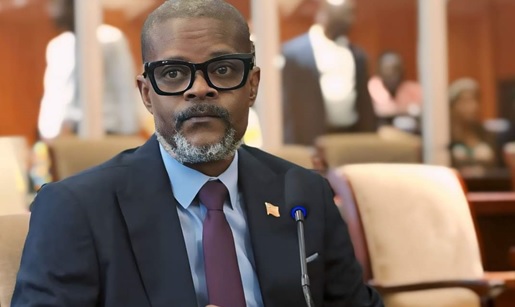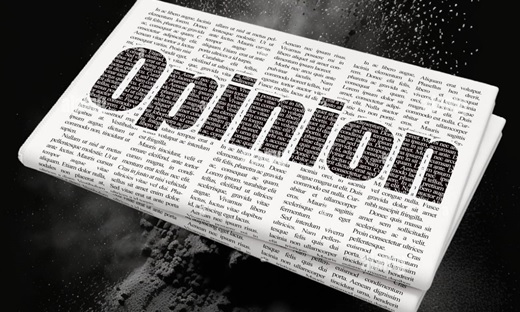MONROVIA – Senator Abraham Darius Dillon, Chairman of the Senate Committee on Foreign Affairs, has publicly supported Dr. Robtel Neajai Pailey following her thought-provoking speech on Liberia’s 177th Independence Day. Her remarks, which critiqued the United States’ influence in Liberia, caused a stir and led to the early departure of US Embassy Chargé d’Affaires Catherine Rodriguez from the event.
Dr. Pailey’s address challenged long-standing perceptions of Liberia’s relationship with the United States. She urged Liberians to reconsider the notion of a “special relationship,” describing it as largely imagined. Her pointed words questioned the true nature of the ties between the two nations, emphasizing the need for Liberia to forge new partnerships grounded in mutual benefit.
Highlighting historical context, Dr. Pailey reminded her audience that the United States was among the last countries to recognize Liberia’s independence. She suggested that Liberia has often given more than it has received in return and that the U.S. will always prioritize its interests. This candid assessment aimed to inspire a reevaluation of Liberia’s foreign relations strategy.
Senator Dillon’s response to Dr. Pailey’s speech was one of admiration and agreement. He emphasized that her criticisms, although harsh, offered an opportunity for healing and growth. Dillon argued that when Dr. Pailey boldly addressed issues within the Legislature, Executive, and broader society, it was met with applause. He stressed the importance of accepting all aspects of her critique, not just those directed at others.
Dillon further articulated that embracing uncomfortable truths is essential for Liberia’s progress. He encouraged leaders and citizens to use these insights as a catalyst for change rather than simply applauding criticisms that did not implicate them. According to Dillon, this approach is vital for fostering accountability and meaningful reform across all sectors.
The reaction from the US Embassy in Monrovia was swift. In their statement, they expressed disappointment, noting that Independence Day should be a time for hope and unity rather than division. This response highlighted the diplomatic sensitivity surrounding Dr. Pailey’s remarks and underscored the complex dynamics at play in Liberia-U.S. relations.
Dr. Pailey’s speech and the subsequent reactions underscore a pivotal moment in Liberia’s journey toward redefining its international relationships. Her call for self-reliance and strategic partnerships resonates deeply amid ongoing discussions about national sovereignty and development.
As Liberia reflects on its history and future, the discourse initiated by Dr. Pailey and supported by Senator Dillon represents a critical step toward self-examination. It challenges both leaders and citizens to engage in constructive dialogue and action, aiming for a reimagined and independent Liberia.
The Independence Day event has sparked essential conversations about Liberia’s path forward. Senator Dillon’s backing of Dr. Pailey’s speech serves as a reminder that embracing truth, however uncomfortable, is crucial for the nation’s growth and unity.







